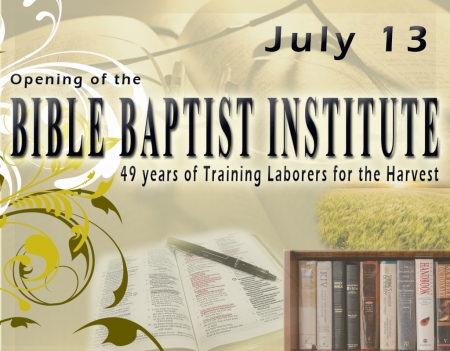Text: Mark 4:35-41
Title: Lessons from a Storm
Introduction: “The same day” refers to the day on which Jesus gave the “parables of the kingdom.” He had been teaching His disciples the Word and now He would give them a practical test to see how much they had really learned. After all, the hearing of God’s Word is intended to produce faith (Rom. 10:17); and faith must always be tested. It is not enough for us merely to learn a lesson or be able to repeat a teaching. We must also be able to practice that lesson by faith, and that is one reason why God permits trials to come to our lives.
The storm was a part of that day’s curriculum. It would help the disciples understand a lesson that they did not even know they needed to learn: Jesus can be trusted in the storms of life. Many people have the idea that storms come to their lives only when they have disobeyed God, but this is not always the case. Jonah ended up in a storm because of his disobedience, but the disciples got into a storm because of their obedience to the Lord.
Note: Sea of Galilee – No less than nine very populous cities stood on the very shores of the lake. The Sea of Galilee is of an oval long. It is 60 miles northeast of Jerusalem and 27 east of the Mediterranean Sea. Its more remarkable feature is its deep depression, being no less than 700 feet below the level of the ocean.
Note: Let’s carefully look into this lesson.
I. The Timing of the Storm
A. It was Unexpected – v37
Proverbs 27:1
Boast not thyself of to morrow; for thou knowest not what a day may bring forth.
Note – It did not take God by surprise.




 Posted by jaymontana
Posted by jaymontana 







